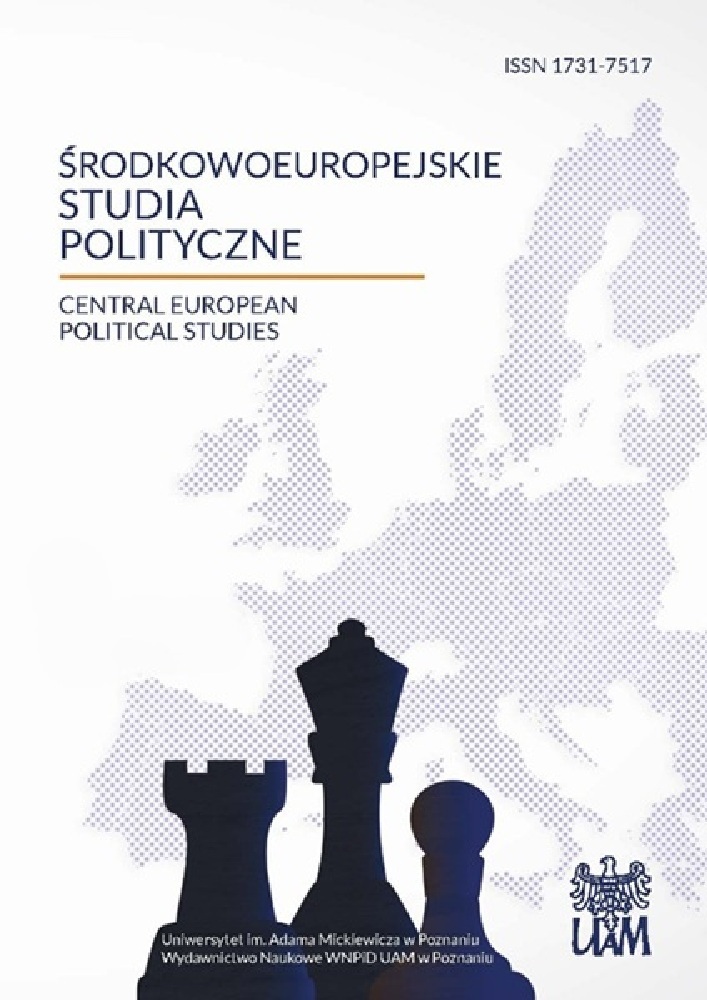Abstract
The shock of the lengthy military conflict in Peru changed the demographic, social and cultural outlook of that country. One of the basic elements of this process was uncontrolled mass migration from rural areas to towns, brought about by political violence. Displacement migrations were strongly feminized. Institutional structures that emerged in towns, via women’s self-assistance societies facilitated the migrants’ acclimatization in towns. However, they had to pay a price and to reject their memories of violence by denying the Indian identity of the state and their own. Therefore, these organizations were initially, a significant element of cultural mestization of female migrants. Now it transpires that the same organizations were used by the women and then the assimilated migrants, to exert pressure demanding that the position of women in Peru be changed. Former female migrants, who acquired experience and who, for many years negotiated that their status be acknowledged, had a significantly higher degree of social independence because of their struggle to survive in urban conditions. They were also financially independent and began to successfully demand that their macho environment treat them in a different manner.References
Blondet C. 1992, En la tierra de nadie: ajuste structural y violencia en las barriadas de Lima, IEP, Lima.
Blondet C. 1995, La situacion de mujer en el Peru 1980–1994, IEP, Lima.
CEPRODEP 1997, Diagnostico de despalzados en Ayacucho 1993–1997, Herores sin nombre, Lima.
Coral I. 1994, Desplazamiento por violencia politica en el Peru 1980–1992, IEP, Lima.
Coronel J. 1999, Efectos de violencia politica en Ayacucho, Lima.
Cuanto (ed. R. Webb) 1980, Peru en numeros, Lima.
Cuanto (ed. R. Webb) 1991, Peru en numeros, Lima.
Cuanto (ed. R. Webb) 2001, Peru en numeros, Lima.
Cuanto (ed. R.Webb) 2003, CVR – Raporte de la Comision de la Verdad y Reconsilacion, t. VI, Lima.
Cuanto (ed. R.Webb) 2004, Hatun Willakuy – version abreviada del Informe Final de la Comision de la Verdad y Reconsilacion, IEP, Lima.
Degregori I., Blondet C., Lynch N. 1986, Conquistadores de un Nuevo mundo. De invasores a ciudadanos en San Martin de Porres, Lima.
Del Pino P. 2003, Retorno de comunidades desplazados por la violencia, Lima.
Diez A. 2003, La problematica de los desplazados, IEP, Lima.
Franco C. 1992, Reflexiones sobre otra modernidad, CEPES, Lima.
Golte J., Adams N. 1990, Los caballos de Troya de los invasores a Lima, IEP, Lima.
ILSA1994, Informe sobre servicios legales a sectores marginados en el Peru, Bogota.
INEI – Instituto nacional de Estadistica e Informatica 1998, „Peru: resultados definitivos”, nr 10, Lima.
Revollar E. 2000, Los desplazados por violencia politica en el Peru, „Allpanchis” nr 55, Puno.
Tamayo G. 1992, Desplazamiento, genero y desarrollo, Informe UNIFEM-PNUD, Lima.
Varillas A. 1990, La situacion poblacional peruana.Balance y perspectives, INADEP, Lima.
www.cvr.org.pe.
License
Copyright
© 2006, Uniwersytet im. Adama Mickiewicza w Poznaniu, Wydawnictwo Naukowe Instytutu Nauk Politycznych i Dziennikarstwa
OPEN ACCESS
